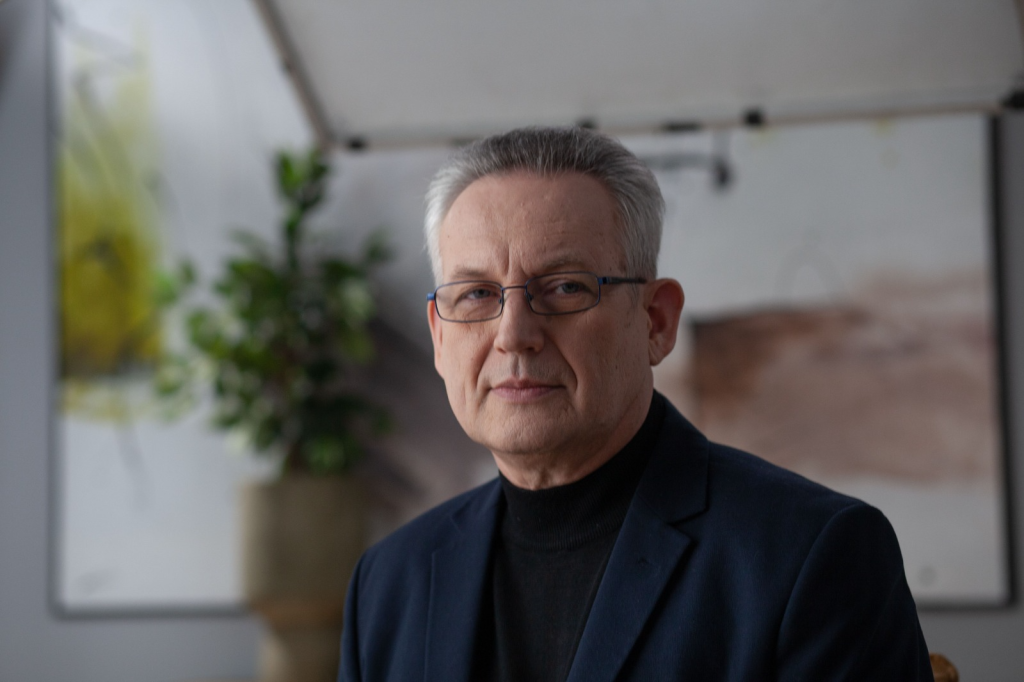Prof. Oleg Mazuryk, Social Structures and Social Relations Department at the Faculty of Sociology at Taras Shevchenko National University of Kyiv:
Civic Engagement in the Context of the Russian War in Ukraine: Practice and Research
When: December 13, 15.15
Where: Niagra building, 9th floor, room 1029
Zoom: https://mau-se.zoom.us/j/67665494034
Abstract
 Prof. Oleg Mazuryk will be speaking on the topic of ‘Civic Engagement in the Context of the Russian War in Ukraine: Practice and Research,’ focused of his ongoing research on the phenomenon of self-organization and social cohesion within Ukrainian society. His study is done in cooperation with the Ukrainian Evaluation Association. From the full-scale invasion in Feb 2024, there was an epicenter of social activities and hostilities in the Kyiv region, near the now globally renowned town of Bucha. The intention behind this initiative is to document the first-hand experience of Ukrainian resistance to Russian aggression, aiming at making this valuable information accessible for academic and professional scrutiny. The findings of the research into the self-organization and unification of Ukrainians are derived from a comprehensive analysis of 142 in-depth interviews. It is important to note that this is a work in progress, with further insights and data yet to be gathered and analyzed. This presentation will delve into the role that civic engagement played at the onset of the full-scale invasion and how it can contribute to the further development of a sustainable and democratic society in the post-war period.
Prof. Oleg Mazuryk will be speaking on the topic of ‘Civic Engagement in the Context of the Russian War in Ukraine: Practice and Research,’ focused of his ongoing research on the phenomenon of self-organization and social cohesion within Ukrainian society. His study is done in cooperation with the Ukrainian Evaluation Association. From the full-scale invasion in Feb 2024, there was an epicenter of social activities and hostilities in the Kyiv region, near the now globally renowned town of Bucha. The intention behind this initiative is to document the first-hand experience of Ukrainian resistance to Russian aggression, aiming at making this valuable information accessible for academic and professional scrutiny. The findings of the research into the self-organization and unification of Ukrainians are derived from a comprehensive analysis of 142 in-depth interviews. It is important to note that this is a work in progress, with further insights and data yet to be gathered and analyzed. This presentation will delve into the role that civic engagement played at the onset of the full-scale invasion and how it can contribute to the further development of a sustainable and democratic society in the post-war period.
Bio
Prof. Oleg Mazuryk is the Head of Social Structures and Social Relations Department at the Faculty of Sociology at Taras Shevchenko National University of Kyiv, Ukraine. His research interests encompass social audit, social control, social responsibility, monitoring, and evaluation of social programs and projects. He serves as the head of the NGO Social Audit Centre and the chairman of the Ukrainian Evaluation Association. His primary efforts are directed toward the training of young evaluators, the promotion of an evaluation culture, and the development of professional and civic competencies.


